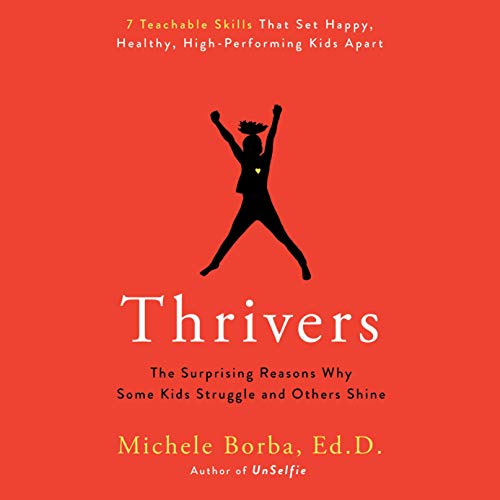Tags
ADHD adolescence attention autism book review boundary conditions classroom advice conference speakers constructivism/direct instruction creativity desirable difficulty development dual coding elementary school embodied cognition emotion evolution exercise experts and novices gender high school homework intelligence long-term memory math methodology middle school mind-wandering mindfulness Mindset motivation neuromyths neuroscience online learning parents psychology reading retrieval practice self-control skepticism sleep STEM stress technology working memoryRecent Comments
- How to Present at a Conference... |Education & Teacher Conferences on Enjoyment or Skill? The Case of Reading
- How to Present at a Conference... |Education & Teacher Conferences on Do *Goals* Motivate Students? How about *Feedback*?
- Roberta on Seriously: What Motivates Teachers to Be Funny?
- Revisiting the "Handwriting vs. Laptops" Debate: More Moving Goalposts |Education & Teacher Conferences on Handwritten Notes or Laptop Notes: A Skeptic Converted?
- The Power Of A Growth Mindset: How Students Can Overcome Challenges - Sunshine Blessings on The Rise and Fall and Rise of Growth Mindset
ABOUT THE BLOG

Warning: Misguided Neuroscience Ahead
I recently ran across a version* of this chart: As you can see, this chart…

Thrivers by Michele Borba
Michele Borba begins this book by making a very important distinction: we have sought to…
Posted in Book Reviews
Leave a comment

The Limitations of Retrieval Practice (Yes, You Read That Right)
Last week, I wrote that “upsides always have downsides.” That is: anything that teachers do…

Upsides Always Have Downsides: “Side Effects” in Education Research
Here at Learning and the Brain, we believe that research can improve education. Specifically, research…

Getting the Details Just Right: Retrieval Practice
Can we ever research a topic too much? Can we reach a point where, well,…
Posted in L&B Blog
Leave a comment
